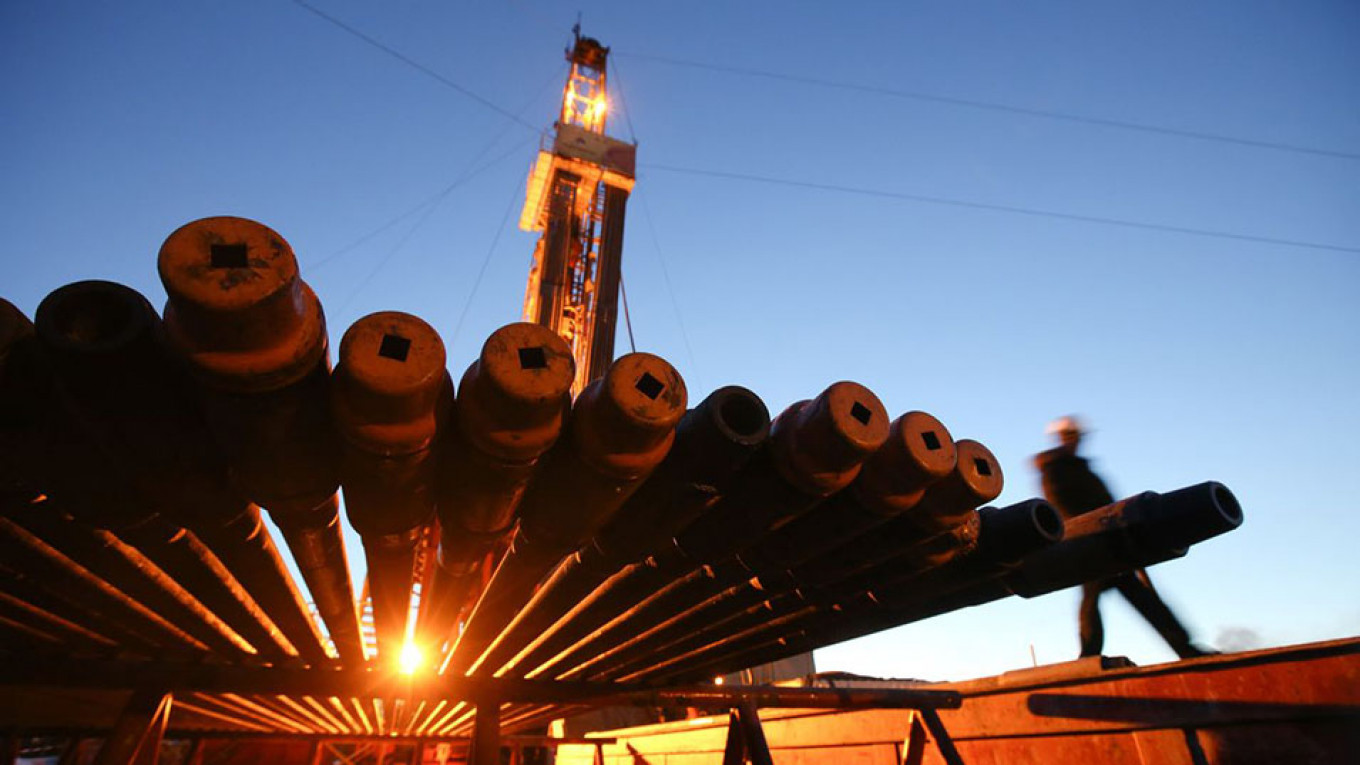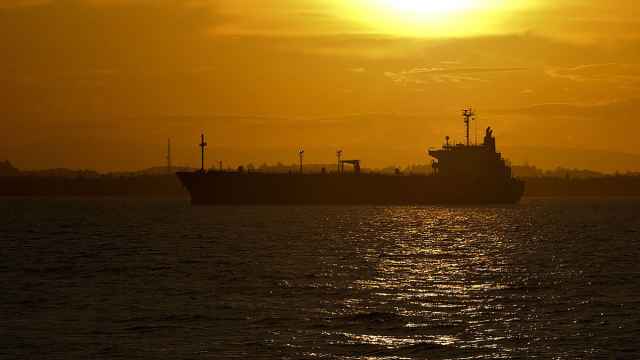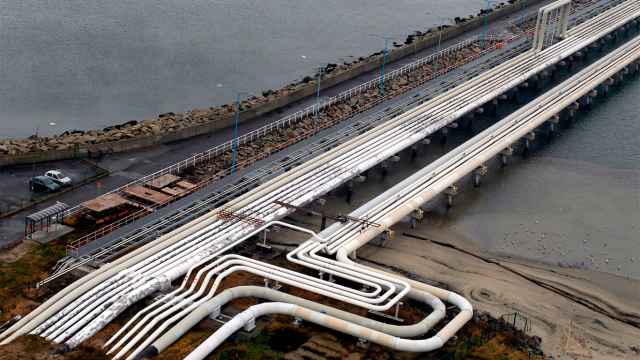Russia’s efforts to resolve an unprecedented oil-contamination crisis suffered a setback as the nation loaded another tainted cargo from a port in the Baltic Sea, days after the government had said the port was clear.
Traders receiving Urals crude at the Ust-Luga terminal said some oil continues to exceed acceptable levels of organic chloride, the contaminant blamed for major disruption to the nation’s exports since last month. At least one tainted cargo has been loaded onto a tanker since Monday, when Russia’s Energy Ministry said all shipments there were clean, according to the traders, who asked not to be identified because the information is confidential.
A spokesman for Transneft, which operates the country’s pipeline network, declined to comment. Russia’s Energy Ministry didn’t immediately reply to a request for comment.
Russia is racing to return oil exports to normal after deliveries to Europe via Ust-Luga and the Druzhba pipeline were halted last month by the chemical contamination. Resolving the problem could take months as millions of tons of tainted oil have to be removed from pipelines in Belarus and Ukraine, as well as storage tanks in the Baltic port.
The situation has deprived the global oil market of medium crude that’s similar to Russia’s and forced refineries in several European countries to lower how much crude they are processing, the International Energy Agency said in a report Wednesday.
“Sourcing Urals alternatives from international markets is becoming more expensive,” the Paris-based adviser to oil-consuming nations said, noting that the curbs come at a time when Middle East producers have chosen to hike prices for their barrels.
The continuing difficulties at Ust-Luga, which started receiving untainted oil last week, underscore the challenge of purging the vast network of pipelines and terminals of the organic chlorides, which can damage refineries if they process the crude.
While the Energy Ministry has denied any impact on Russian oil production from the crisis, output between May 2 and 12 dropped to 11.2 million barrels a day on average, compared with 11.2 million in April, according to calculations based on the Energy Ministry’s CDU-TEK statistics seen by Bloomberg.
A Message from The Moscow Times:
Dear readers,
We are facing unprecedented challenges. Russia's Prosecutor General's Office has designated The Moscow Times as an "undesirable" organization, criminalizing our work and putting our staff at risk of prosecution. This follows our earlier unjust labeling as a "foreign agent."
These actions are direct attempts to silence independent journalism in Russia. The authorities claim our work "discredits the decisions of the Russian leadership." We see things differently: we strive to provide accurate, unbiased reporting on Russia.
We, the journalists of The Moscow Times, refuse to be silenced. But to continue our work, we need your help.
Your support, no matter how small, makes a world of difference. If you can, please support us monthly starting from just $2. It's quick to set up, and every contribution makes a significant impact.
By supporting The Moscow Times, you're defending open, independent journalism in the face of repression. Thank you for standing with us.
Remind me later.






